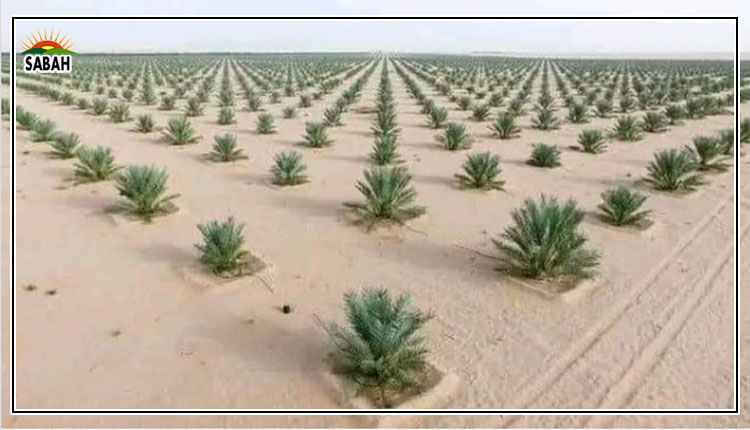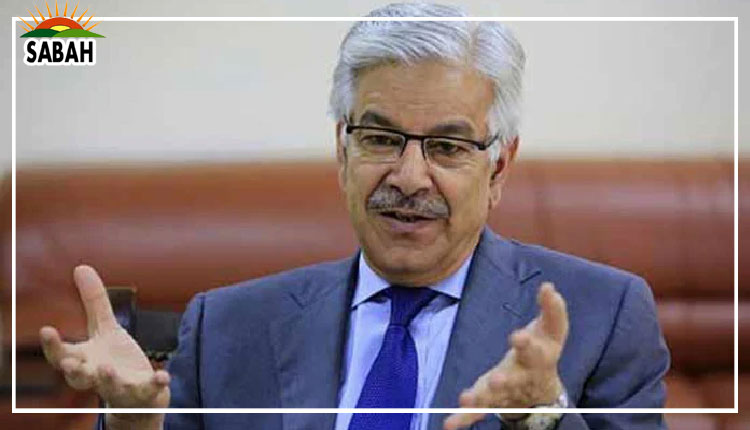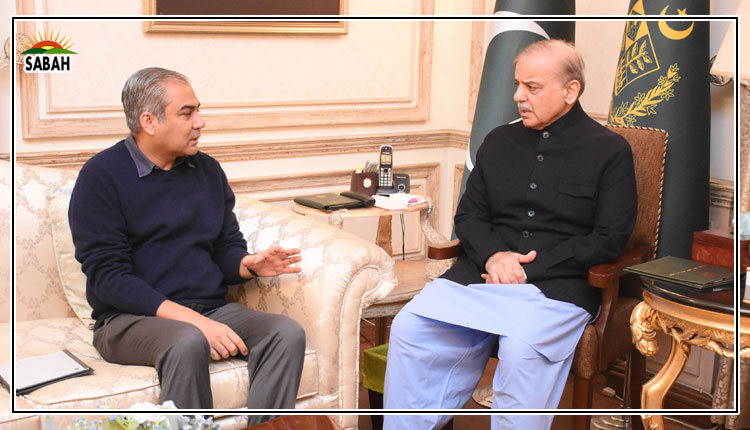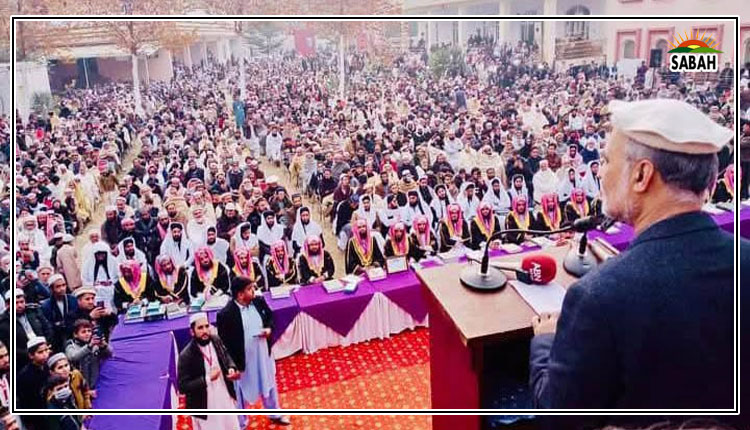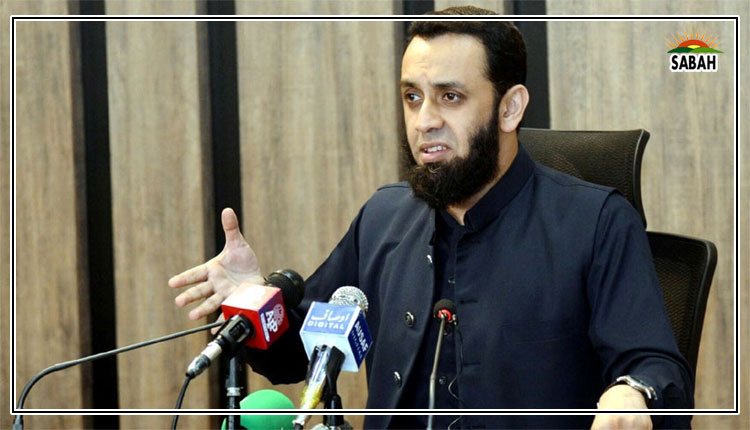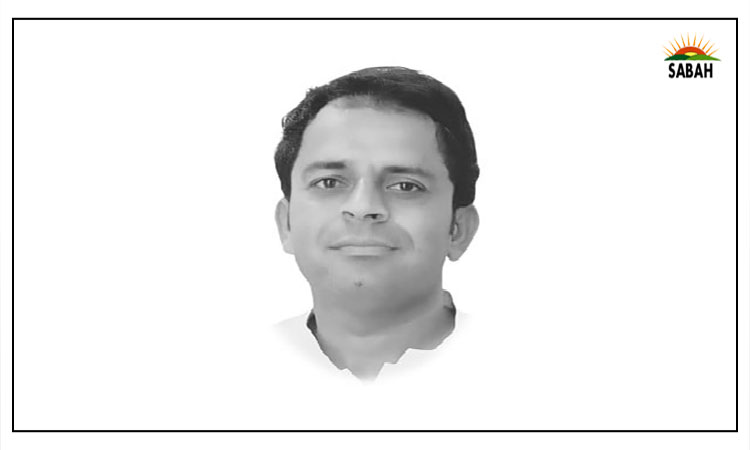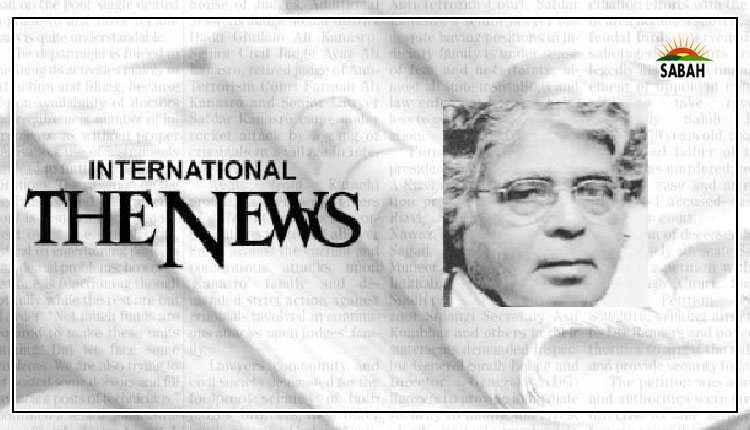Two days that shook Quetta …..Ghazi Salahuddin
When you look at the map of Pakistan, the province of Balochistan pops up with its geographical expanse. But where – and how big – is it in the imagination and conscience of ordinary citizens of this country?
There is an anecdote that I share with friends. A friend, who is a social development expert, recently addressed a large number of post-graduate students of a university in Lahore. One question he posed to them was: can you name three cities of Balochistan, excluding Quetta? He told me that no one could.
But I feel overwhelmed by the reality as well as the enigma of Balochistan as I write these words. This is so because I had the good fortune of participating in the Pakistan Literature Festival (PLF) held in Quetta on Wednesday and Thursday this week. And this column is an attempt to portray some aspects of an incredible experience.
In itself, a literature festival is not something to write home about. It is a matter of routine in our major cities. But the very idea of holding it in Quetta in these troubled times would be forbidding. However, the fact that it happened and on such a big scale is remarkable.
Its success was underlined not just by the excitement it generated among the youth, with the presence of literary, show business and media luminaries. The highlight was the candid discussion it provided on very difficult and sensitive issues.
To conceive and then design and execute such an ambitious project would not be easy. It goes to the credit of Mohammad Ahmed Shah, president of the Arts Council of Pakistan, Karachi, that he was able to bring all elements together to navigate through a very treacherous territory. Luckily, he pulled it off.
Yes, it called for extensive security precautions and management. There was this feeling that it may have been a bit overdone. Or there may be threats we are not aware of. The festival was held on the sprawling campus of BUITEMS – Balochistan University of Information Technology and Management Sciences. Students and others wanting to attend had to register for the festival and their enthusiasm was so great that a limit had to be enforced.
Eventually, the premises was overflowing with young people, including women and there was a general environment of freedom and friendliness. They were obviously having great fun. At the same time, they seemed very serious and concerned in sessions that related to national policies and the socio-political affairs of Balochistan.
Incidentally, the slogan of the festival was: ‘Youth is the only way forward’. This theme was carefully woven across the proceedings. In fact, there were fireworks in an impromptu interaction between Chief Minister Sarfraz Bugti and the young audience. Very tough questions about insurgency and the aspirations of the Baloch youth were asked and the chief minister had the opportunity to present his case.
Unavoidably, the ticklish issue of the missing persons – enforced disappearances – surfaced in different ways in different sessions. There were direct, metaphorical and even playful references to the phenomenon. The chief minister spoke about it in some detail, arguing that the Baloch insurgents were actually separatists. In the session on the role of national media on Balochistan, it was argued that Balochistan was the ‘missing person’ from the national media.
True to the standard format of a literature festival, the Quetta PLF had its vast canvas, including mushaira and humour. Still, the travails of the educated youth of Balochistan remained dominant. A number of well-known political dissidents were very vocal in presenting their catalogue of injustices committed against the people of Balochistan.
It is not possible for me to do a reportage of the festival. The point I am making is that it was a really big show and the people seemed a little puzzled by how grandly it was staged in an environment of political and social unrest, with a palpable threat of violence.
In a personal context, let me mention briefly that my wife Sadiqa was a panelist in three sessions because of her work in social development and also because she was in Quetta during her college years when her father, Prof Karrar Husain, was principal of the boys college, some years before he became the first vice-chancellor of the Balochistan University. By the way, Sadiqa’s recollections about the Quetta of her youth were jarringly antithetical to what the city has now become.
One message that the festival conveyed is that art, literature and creative pursuits are the ultimate saviours of a society in crisis. In troubled times, we need the advice that only writers and poets and thinkers can provide.
There is hope in the knowledge that the young in Balochistan are more alive and politically active than their compatriots in other provinces. There is some evidence that they read more books and ask more questions. They are also angry and restless. What does this portend for the future of Balochistan and, indirectly, for the future of Pakistan.
As always, what transpired on the sidelines seemed more gratifying, with an opportunity to meet a number of distinguished individuals. There was a very educative get-together on the rooftop of the Quetta Press Club on Thursday night where the leading practitioners of the media revealed information that they cannot broadcast or publish. We talked breathlessly long after midnight.
Finally, were we, the guests who had descended on Quetta, able to grasp the situation that exists in Balochistan? Not very likely. But there was this realization that the two days were extraordinary and one would need time to wade through the confusion and the complexity that pervades the politics of Balochistan.
There was, though, a boisterous mood in the departure lounge of the Quetta International Airport on Friday morning when flights to Karachi and Islamabad were departing at about the same time. The entire lounge appeared to have been electrified by the presence of so many familiar faces. That is how the curtain rose, in a sense, on those who rocked Quetta for two days.
The writer is a senior journalist. He can be reached at: ghazi_salahuddin@hotmail. com
Courtesy The News


